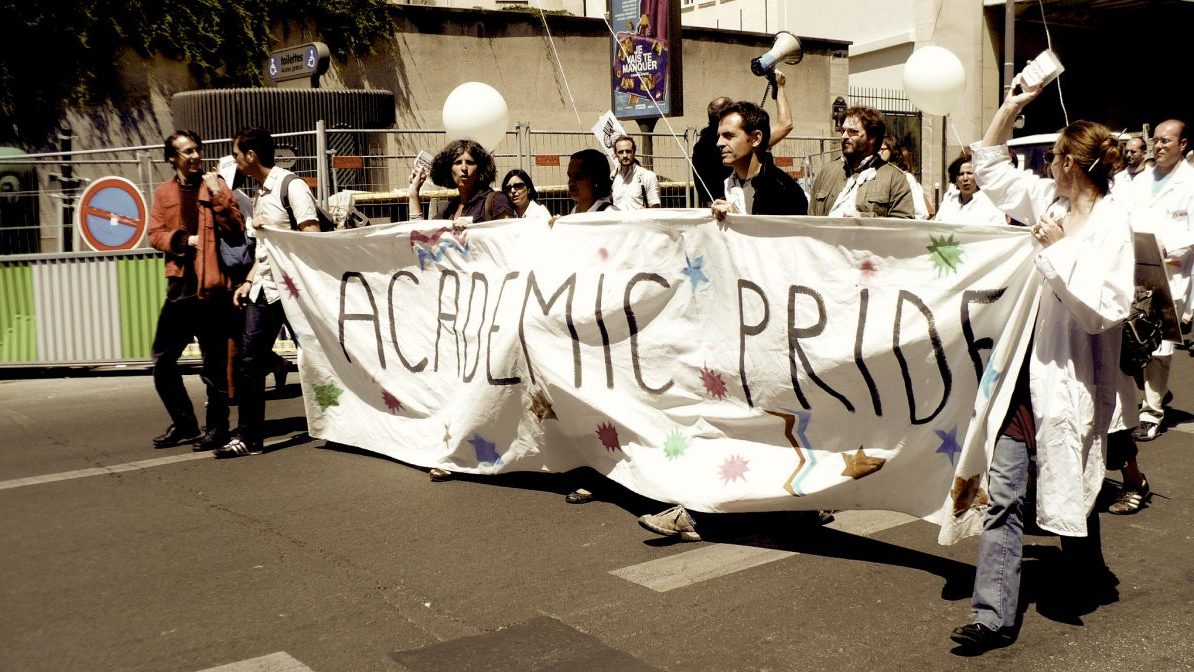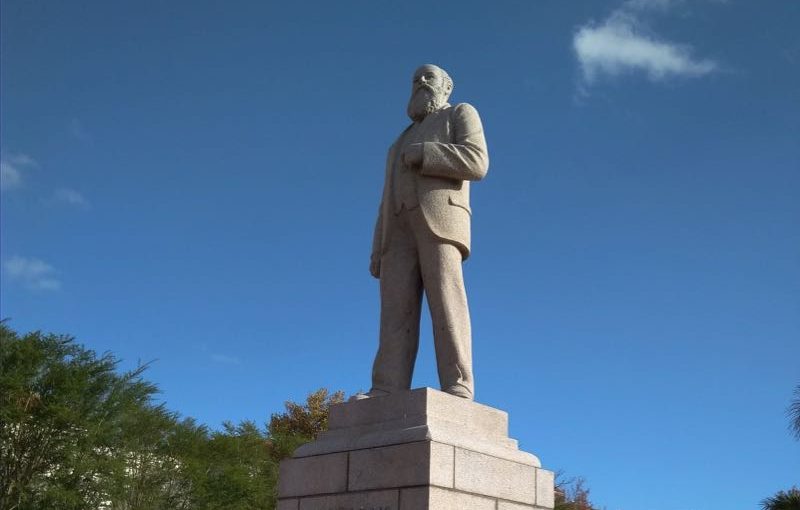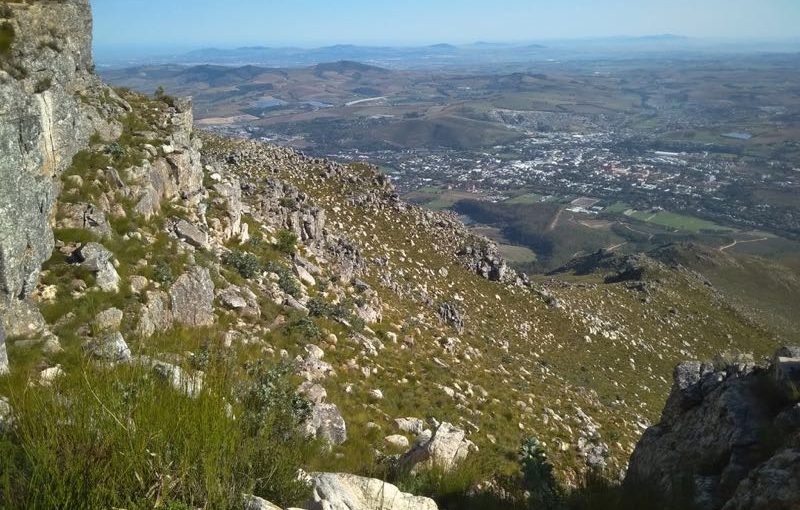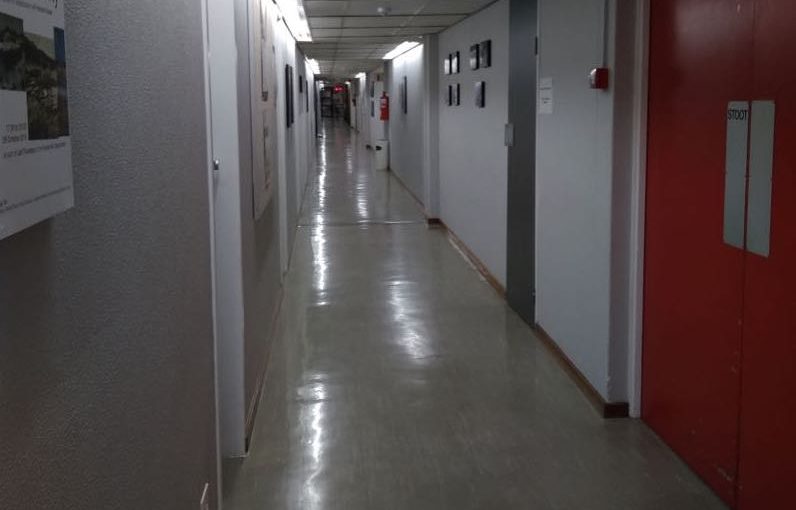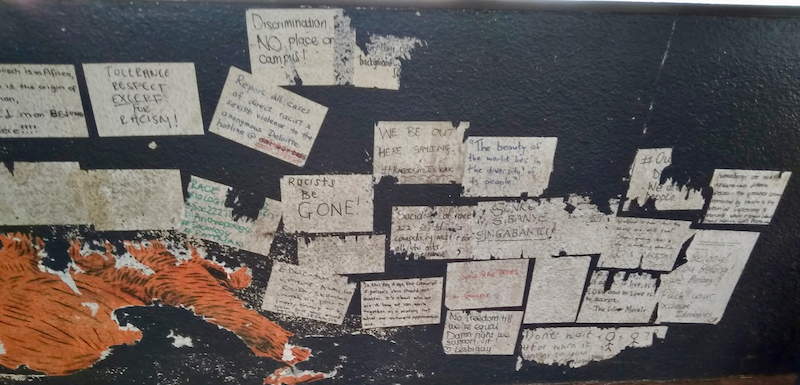[Note: This project is now suspended.]
There’s more and more great ethnography of higher education, but so much of it is hard to find.
The point of this project is to bring this set of work together. We think that both newcomers and established researchers could use help keeping track of everything that’s happening in the field. If you’re just getting started, our developing pedagogy section might be especially helpful.
It’s an extremely diverse set of research. It comes from people in all sorts of fields, from many different continents, from many different political perspectives, from different institutional positions. It overlaps with what’s lately been called “Critical University Studies,” but also includes work in science education, policy studies, critical sociology, educational anthropology, higher ed research, anthropology of knowledge, history and sociology of science, laboratory studies, reflexive cultural studies, and no doubt others.
The project is sponsored by the Committee on Postsecondary Education at the Council on Anthropology of Education, but anyone is free to get involved. We’d love to hear from anyone working in the field or just starting out. Especially let us know when you come across new research we should write about.
